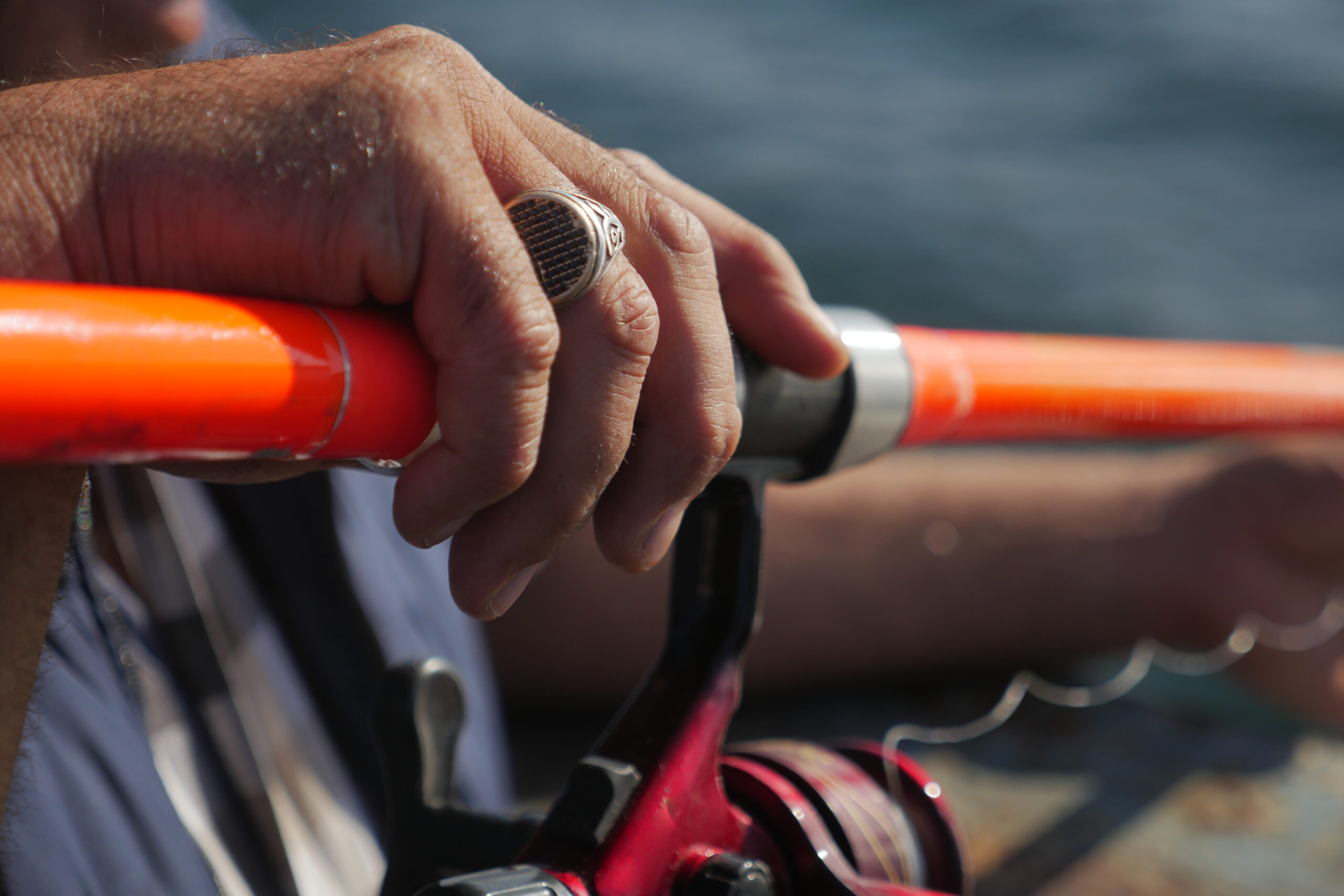Is spinning or casting fishing rod better?
Key Takeaways
- Spinning rods are versatile and beginner-friendly
- Casting rods offer accuracy and power
- The best fishing rod depends on individual needs and preferences
When it comes to choosing a fishing rod, one of the key decisions you need to make is whether to go for a spinning rod or a casting rod. Both types have their own advantages and are designed for different fishing techniques and preferences. In this article, we will explore the differences between spinning and casting fishing rods and help you decide which one is better suited for your needs.
Spinning Rods: Versatile and Beginner-Friendly
Spinning rods are known for their versatility and user-friendly nature, making them a great choice for beginners and experienced anglers alike. One of the key differences between spinning and casting rods is the orientation of the reel seat. On a spinning rod, the reel seat points downwards on the rod handle, while on a casting rod, it points upwards.
Another difference is the position of the line guides. On a spinning rod, the line guides run along the bottom of the rod, while on a casting rod, they run along the top. The size and number of line guides also differ between the two types of rods. Spinning rods have larger line guides close to the handle and smaller ones towards the tip. They also have fewer line guides that are spaced farther apart compared to casting rods.
Spinning rods are designed to be used with spinning reels, which are operated with the angler’s non-dominant hand and sit beneath the rod. This setup allows for long casting distances and is suitable for light to medium-sized fish. Spinning rods excel in finesse presentations and are less likely to tangle or backlash. They offer smoother line flow and effortless casting, making them a popular choice for various fishing environments and conditions.
Additionally, spinning rods provide a level of finesse and sensitivity that allows anglers to feel even the subtlest nibbles or taps from fish. They also offer forgiveness and can handle lunges and headshakes with grace, reducing the risk of line breakage. Their lightweight design makes them ideal for extended use without causing fatigue, and they are easy to transport and carry.
Casting Rods: Accuracy and Power
On the other hand, casting rods are designed for baitcasting reels, which are operated with the angler’s dominant hand and sit above the rod. The reel seat on a casting rod points upwards, and the line guides run along the top of the rod. Casting rods are known for their casting accuracy and are suitable for heavier lines and lures.
Casting rods have a strong backbone that enables them to handle large fish, making them ideal for power and precision casting. They offer better control over lure placement and can handle heavy cover and vegetation. If you need to target specific structures or cover, a casting rod can provide the accuracy and sensitivity required to do so.
While casting rods may require some practice to master, they offer increased sensitivity, allowing anglers to feel even subtle bites or changes in lure action. They provide longer casting distances and increased control over the placement of the cast. If you are looking for a rod that can handle heavier fishing techniques and provide the power needed for big game fishing, a casting rod might be the better choice.
Conclusion
So, which type of fishing rod is better? It ultimately depends on your fishing style, preferences, and the type of fishing you plan to do. Spinning rods are more versatile and beginner-friendly, offering ease of use, long casting distances, and suitability for light to medium-sized fish. They are great for finesse presentations and provide good sensitivity for detecting subtle bites and lure action.
On the other hand, casting rods excel in casting accuracy and power. They are suitable for heavier lines and lures, have a strong backbone for handling large fish, and offer better control over lure placement. If you need to target specific structures or cover, a casting rod can provide the precision and sensitivity required.
Ultimately, the best fishing rod for you will depend on your individual needs and preferences. Consider the type of fishing you plan to do, the size of the fish you are targeting, and your level of experience. It may also be beneficial to test out both types of rods and see which one feels more comfortable and suits your fishing style.
Related Websites:
FAQs:
Q: What are the advantages of spinning rods?
Spinning rods offer versatility, making them suitable for various fishing techniques and target species. They are also beginner-friendly and require less skill to cast. Additionally, spinning rods allow for longer and more accurate casts, and provide greater control over the lure or bait.
Q: What are the advantages of casting rods?
Casting rods offer power and accuracy, enabling precise and forceful casting. They are ideal for handling heavy lines and lures, making them suitable for catching larger fish species. Casting rods also provide better feel for bites and strikes, and allow for more controlled presentations.
Q: Which fishing rod is best suited for finesse and lightweight fishing?
Spinning rods are best suited for finesse and lightweight fishing. They offer greater flexibility and ease of use, making them ideal for delicate and precise techniques.
Q: Which fishing rod is recommended for larger and more aggressive fish?
Casting rods are recommended for larger and more aggressive fish. They provide the power and strength required to handle heavier bait and to reel in bigger catches.
Q: How do I choose between spinning and casting rods?
Choosing between spinning and casting rods depends on various factors, such as your fishing style and technique, target species, and fishing environment. It is important to consider your personal preferences and experience. We encourage you to try both types of rods and seek advice from experienced anglers or professionals to make an informed decision.






